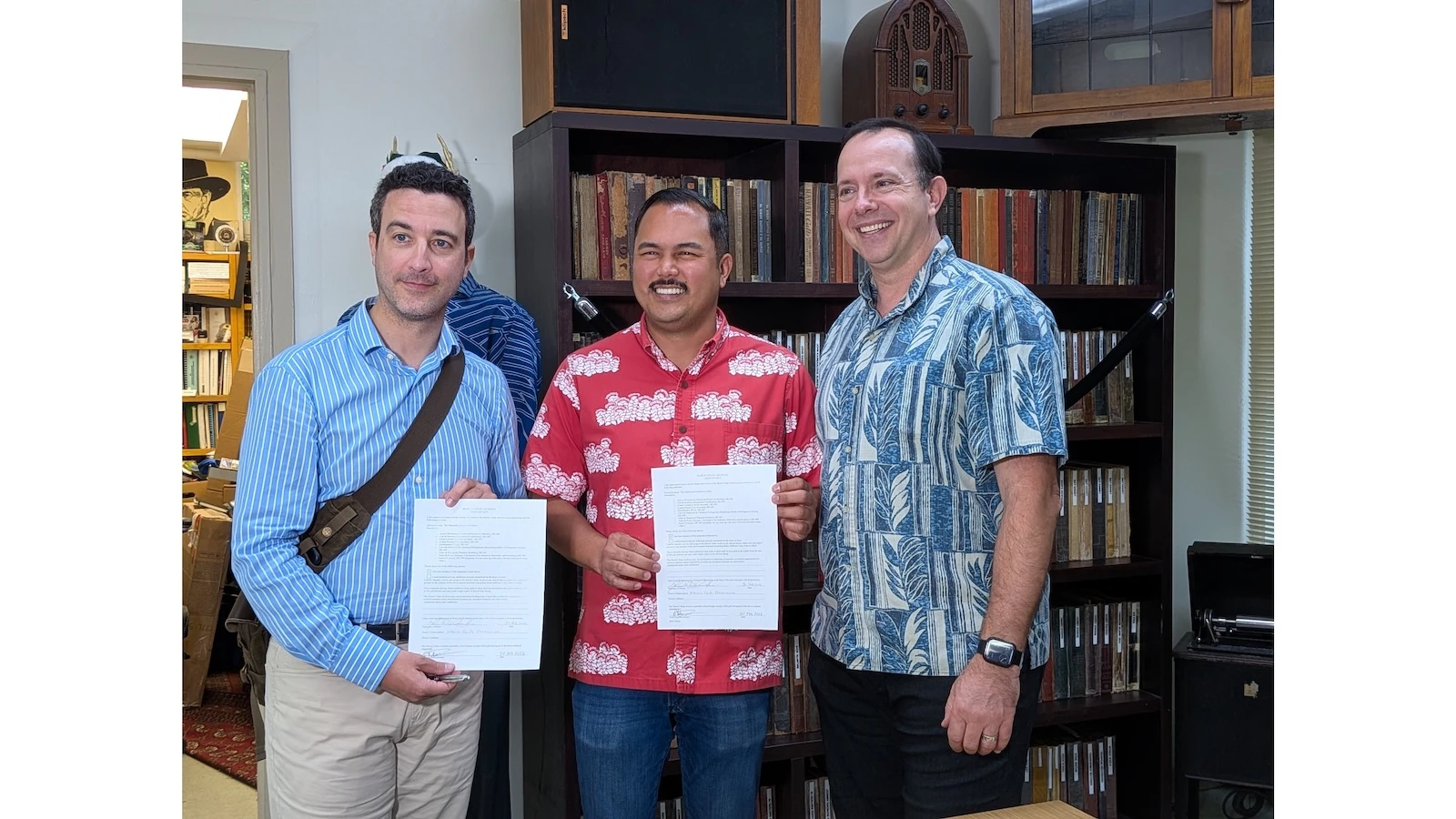You might not have realized this, but Hawaii residents are living in multiple, continual states of emergency — at least if the governor’s emergency proclamations are anything to go by.
I’m not talking about just the emergency orders related to the Maui wildfires or the flooding on Kauai. In recent years, the concept of an emergency necessitating executive intervention has expanded well beyond natural disasters.
Here are just a few of our ongoing emergencies:
Affordable housing: Currently we’re on the 11th emergency proclamation regarding affordable housing, an emergency that dates back to July 17, 2023.
Homelessness: The 14th proclamation on homelessness was signed in December for a state of emergency that is now two years old.
Axis deer: Eighteen proclamations have been signed related to this ongoing overpopulation emergency on Maui, which dates back to 2022.
Uncle Billy’s Hilo Bay Hotel: This abandoned property considered to be dangerous to public safety has been the subject of emergency proclamations since July 2023, and now is on its 10th one.
I want to be clear that I am not diminishing the importance of any of these issues. These are legitimate problems that require action. But the word “problem” is not a synonym for “emergency.” When Hawaii lawmakers created the state’s emergency-management statute, I doubt they intended for it to become a problem-management statute.
But that’s effectively what has happened. Our governors have become increasingly reliant on the exercise of emergency powers to advance policy goals, often to address difficult political problems that fall short of the true meaning of “emergency.”
Now, outside of the use of emergency orders, I can respect the rationale behind many of the governor's proclamations. Often, they cut through the frustrating tangle of bureaucracy and cumbersome regulations that obstruct progress. That’s definitely true of his housing and homeless proclamations, as well as those related to rebuilding on Maui.
But allowing emergency orders to take the place of legislative action on critical issues upends Hawaii’s constitutional balance of powers. When governors act as super-legislators, able to suspend laws indefinitely, it diminishes the power of the Legislature.
This issue is even more pronounced for emergencies that go on for years, well after the Legislature has had the opportunity to address the issue.
Fortunately, there are several bills under consideration at the 2025 legislative session that would remedy this situation. HB673 and SB353 would give the Legislature and county councils the ability to end an emergency by a two-thirds vote, while HB596 proposes to more narrowly define what constitutes an emergency.
Some people might claim that passing such bills is pointless. Even if the Legislature were to agree on reform, wouldn't the governor simply veto it?
Maybe he would — or maybe he wouldn’t.
After all, Gov. Josh Green did sign a bill last year — despite originally announcing that he was going to veto it — that prevents the governor or a mayor from suspending electronic media transmissions during a state of emergency.
Of course, if the governor were to veto emergency powers reform this year, the Legislature could always override that veto. And it would behoove them to do so, rather than wait until a governor uses emergency powers in a very unpopular way.
If that day ever comes, our state lawmakers might wish that these proposed reforms were already in place.
E hana kākou! (Let's work together!)
Keli‘i Akina, Ph.D. is president and CEO of Grassroot Institute of Hawai‘i. Reprinted with permission from Akina's Feb. 22, 2025 newsletter.





